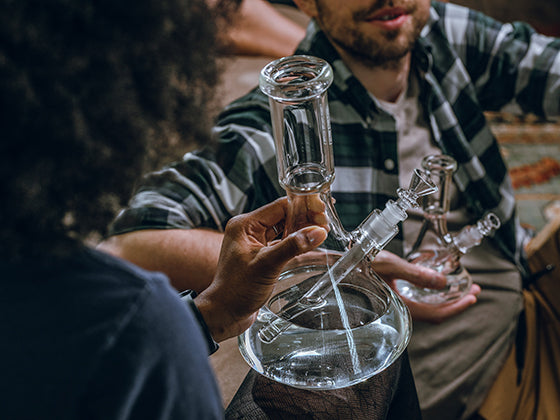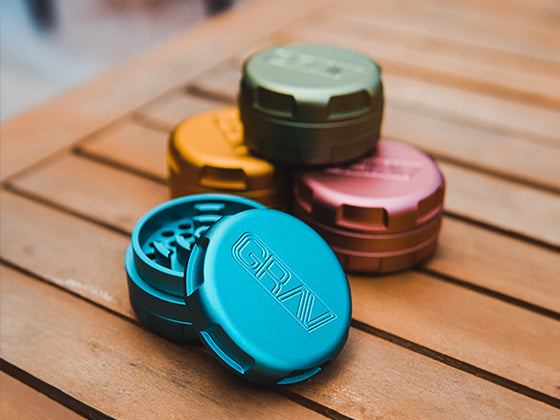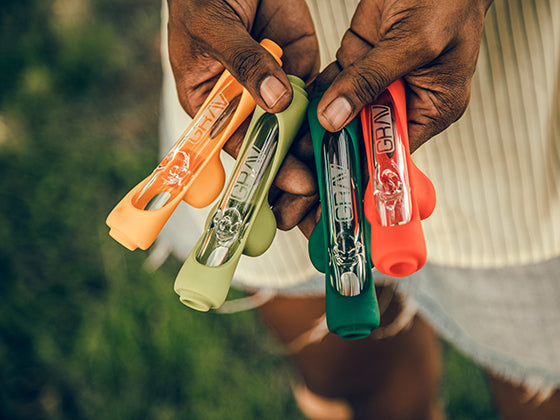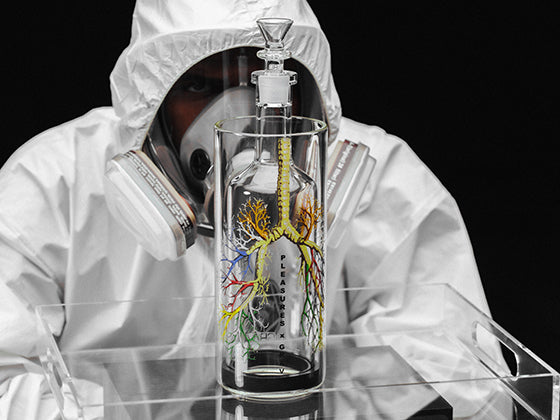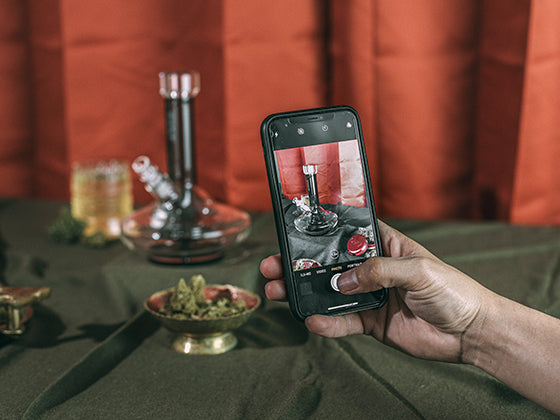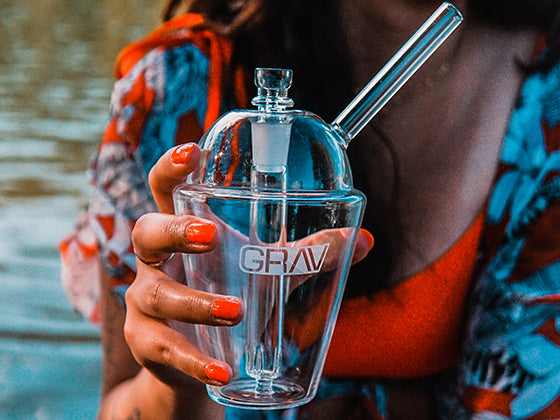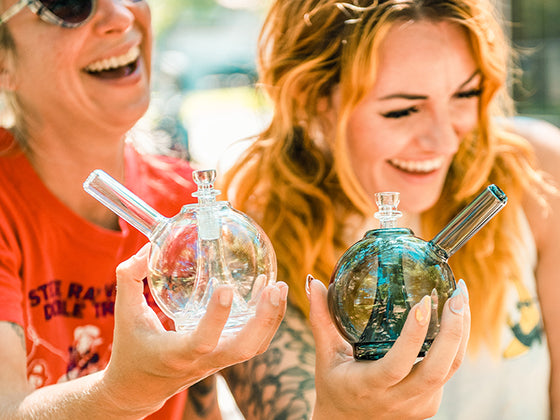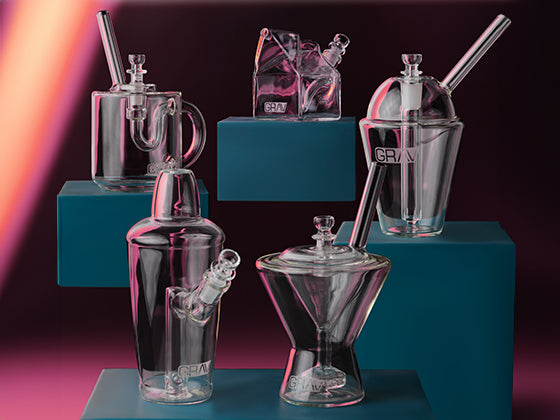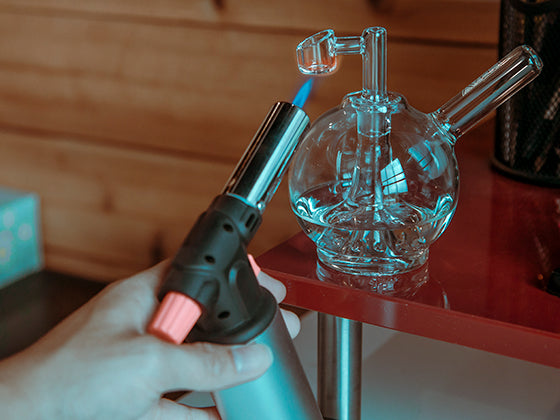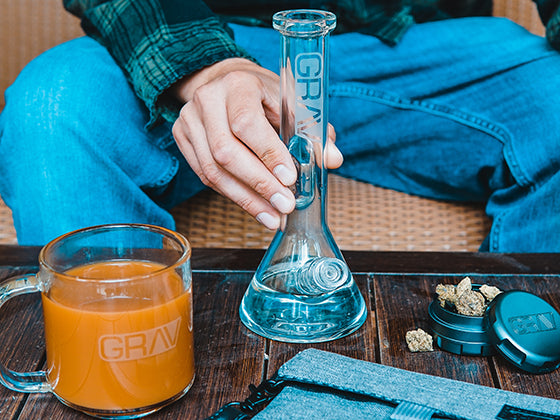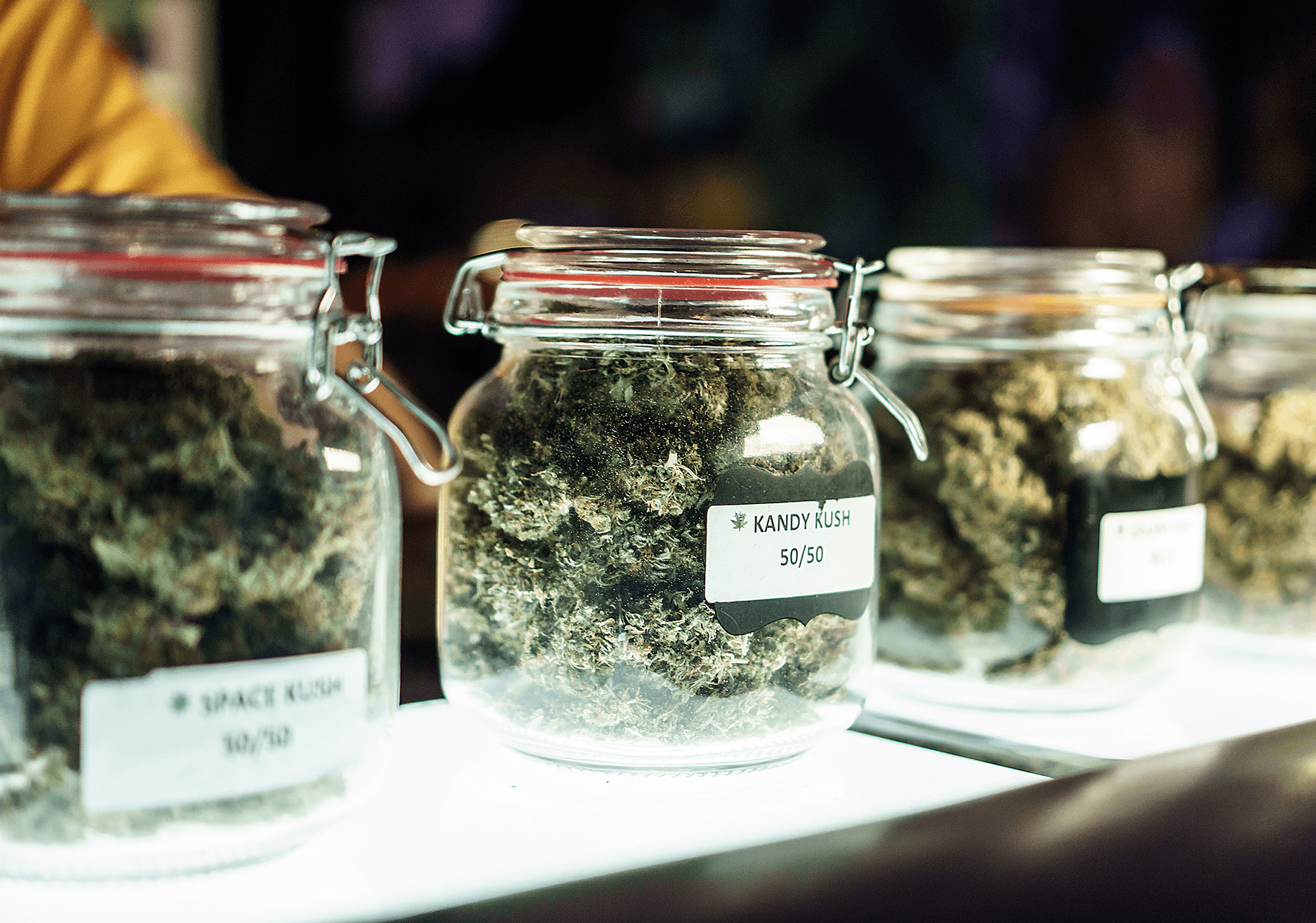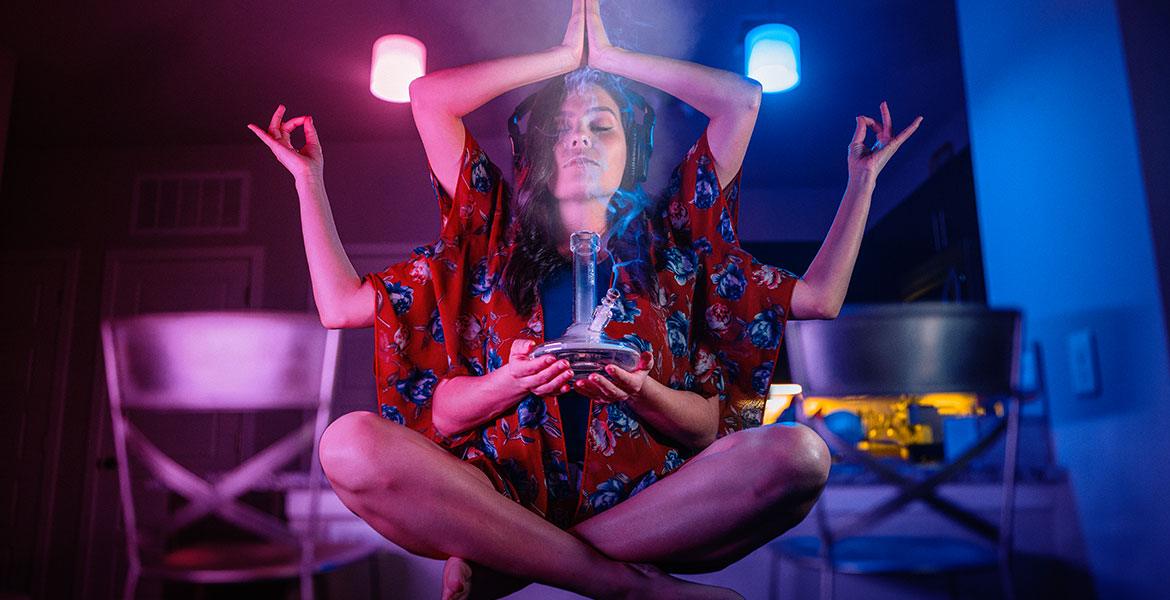At just 19 years old, Lukas Gilkey joined the U.S. Coast Guard and was tossed into the deep end. Assigned to a counter-narcotics unit based in San Diego, he and his team were responsible for finding and stopping heroin and cocaine smugglers in Central America.
“The Navy would essentially fly planes over the area and tell us when they saw something...fishy,” Lukas explains. “Excuse the pun. Typically, the boats had fishing gear that hadn’t been used in months. It was rusty and grungy, so you could tell that they weren't actually fishing.
“The cartels would essentially hollow out the gas tanks and hide massive amounts of drugs inside. They chose the gas tanks because they're extremely difficult and hazardous to get into. You wouldn’t want to start cutting or grinding them if they were actually filled with gas. So they were very smart.”
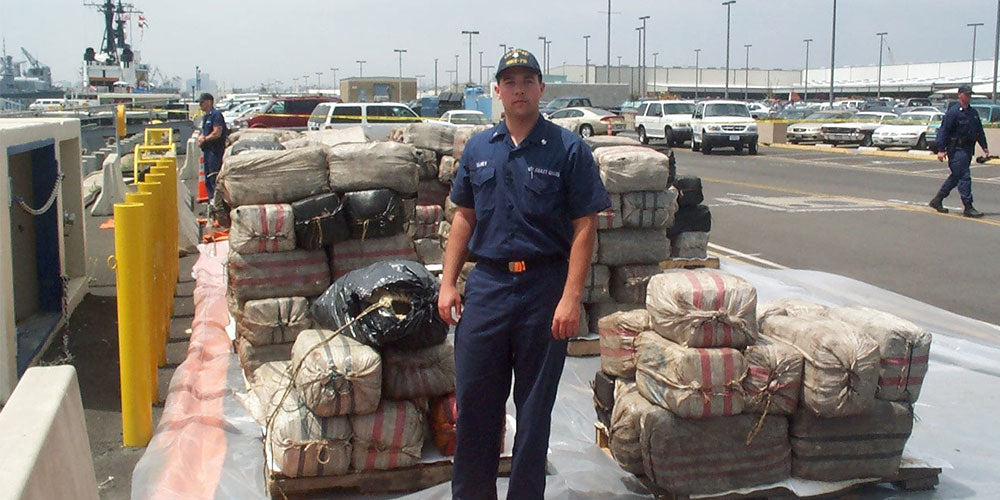 Lukas with a $300 million seizure of cocaine
Lukas with a $300 million seizure of cocaineIt was a wild life. But it wasn’t long before Lukas grew disillusioned with the war on drugs. “I realized it was a never-ending battle. For every boat we stopped, there were four more boats that would go past. I felt like all we were doing was raising the prices of these drugs and giving the cartels a few headaches. But there was never a winning scenario. There was never going to be a point where we said, ‘Guys, we did it! We won. The war on drugs is over.’”
Veterans Need Relief
After leaving the Coast Guard in 2003, Lukas—like most veterans after separation from the military—had to readjust to civilian life.
“I’ve seen people get killed almost in front of me over drugs. But while it was crazy, I was lucky. I wasn't in a war zone. I have friends that are changed forever because of what they saw and what happened to them. A lot of veterans go through stress and chaos that I don't think people fully comprehend. Not just physically but mentally as well.”
One study of veterans of the wars in Iraq and Afghanistan showed that 13.5% displayed symptoms of post-traumatic stress disorder (PTSD). Other studies show the rate much higher, between 20% and 30% of returning vets.1 Even more common is chronic pain, which affects an astonishing 65% of veterans.2
And accessing care can be incredibly difficult and complicated with long waitlists. Internal data showed an average wait of 41.9 days for appointments through 2019 and early 2020.3
Many have turned to cannabis for relief. Rather than relying on prescription opioids to manage chronic pain, they find cannabis to be a gentler, more natural alternative that doesn’t come with the same addictive—and potentially deadly—side effects. 36 states currently have medical marijuana programs, although not all include PTSD and chronic pain in their qualifying conditions.

This is slowly being rectified. Just this year, Texas passed HB 1535 which expanded the Compassionate Use Program (the state’s medical marijuana program) to include PTSD as a qualifying condition. It also doubled the allowable THC dosage from 0.5% to 1% in medical cannabis. But with strict limitations, it still leaves many veterans out of the program, including those that suffer from chronic pain. And that THC limit puts a chokehold on the effectiveness of the product.
Hometown Hero: Another Option For Veterans
After separating from the Coast Guard, Lukas attended college and began a career in business. In the early 2010s, he found himself running successful cryptocurrency startups here in Austin. The work came with intense stress and anxiety that spilled over into his personal life. His wife encouraged him to pick up cannabis, which he hadn’t smoked since before his enlistment.
“It was a lifesaver for me,” he says. He likes to smoke out of glass (especially the Smoke & Clear Wide Base), but he’s also lucky to be married to an expert joint roller. He calls her the Italian joint rolling world champion.
Just around the time his interest in crypto was flagging, a colleague showed Lukas his vape pen. He was intrigued by the simplicity of the device. And the time felt right to start something new, as crypto had lost its luster and a recent startup had failed to thrive. So Lukas and that same colleague, Lewis Hamer, founded Hometown Hero in 2015.
Their first products focused on nicotine. But when the 2019 Farm Bill legalized hemp, they transitioned to CBD and hemp-derived products. Now, they concentrate heavily on Delta 8, one of the federally legal cannabinoids derived from hemp.

In fully legal states, Lukas explained, cannabis growers and dispensaries have access to Delta 9 THC, the cannabinoid that is usually associated with getting high. But in states like Texas with stricter guidelines, companies are experimenting more with alternative cannabinoids.
“Traditionally, the medical program in Texas really underserved veterans,” says Lukas. “[HB 1535, effective as of September 2021,] kept the Delta 9 THC limit at 1% which limits you quite a bit on what you have access to. So Delta 8 has been a godsend. It's not as strong. It's much harder to get into a position that you're uncomfortable with in terms of dosage. And people seem to gravitate towards it more because it's more of an entry-level cannabis product.”
Delta 8 creates a soothing body calm without the headiness sometimes associated with Delta 9. It’s been a lifeline to many veterans who can’t access full-spectrum cannabis.
Veterans Supporting Veterans
Since its foundation in 2021, helping veterans has been part of the ethos of Hometown Hero. In 2021 alone, they’re on track to give around $100,000 to veteran-focused charities. “I felt like a lot of companies weren't really stepping up to the plate in terms of support. So right out the gate, we started donating more money than we probably should have. A portion of every sale is donated to veteran’s charities.”
They’ve also had to go to bat for Delta 8—both for the health of their business and for the people who rely on it their products. Earlier this year, they successfully fought HB 3948, which sought to ban Delta 8 in Texas.
But as of October 15th, the Texas Department of State Health Services is claiming that Delta 8 is illegal, in direct contradiction to HB 1325 passed in 2019. So Hometown Hero is fighting again.
”We're filing a lawsuit against the State of Texas. You know, Texas cannabis is always exciting, especially when you lump together so many pro-cannabis people and so many prohibitionists in one state.”
You can find Hometown Hero products in about 6,000 vape and head shops across the country. You can also order direct from their website. Veterans and active-duty military receive a 15% discount on all purchases.
To support veterans, consider donating to one of Hometown Hero’s preferred charities:
• Operation FINALLY HOME• The Texas VFW
• Disabled American Veterans
• Soldiers’ Angels
1 PTSD Treatment for Veterans: What’s Working, What’s New, and What’s Next
2 Medical cannabis as an alternative to opioids for veterans.
3 Without clear standards, veterans are in the dark on community care wait times

